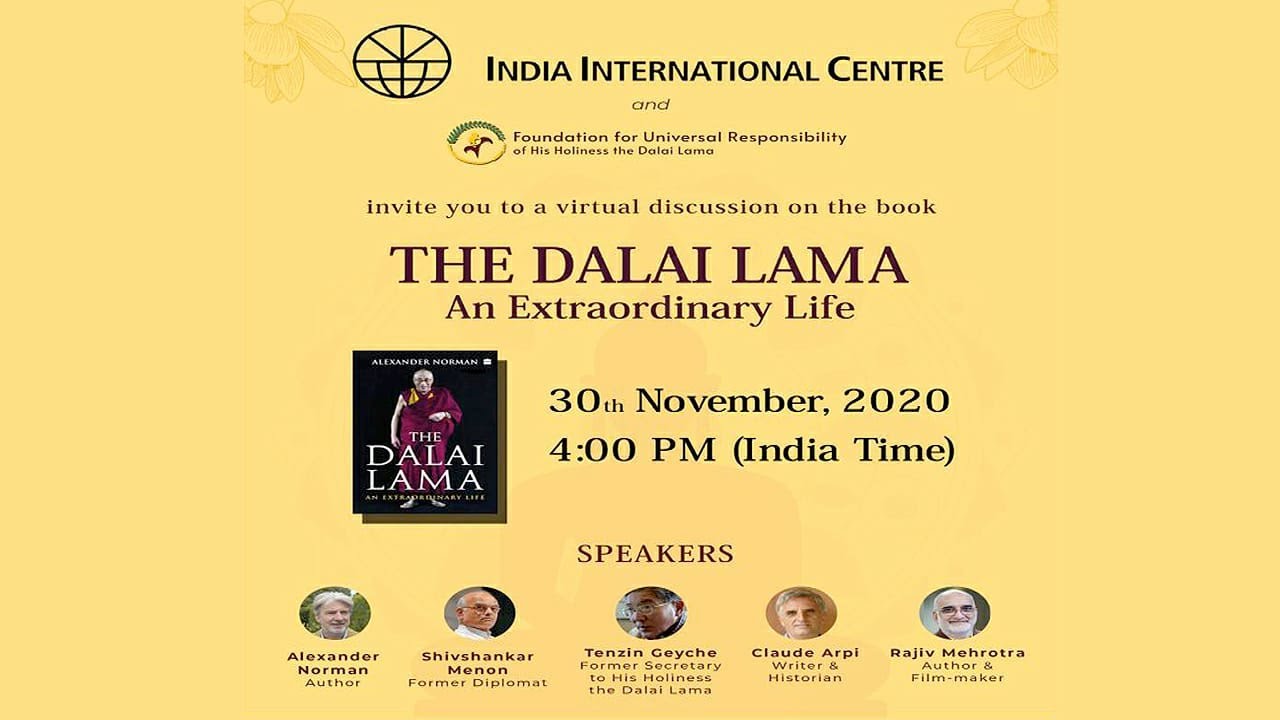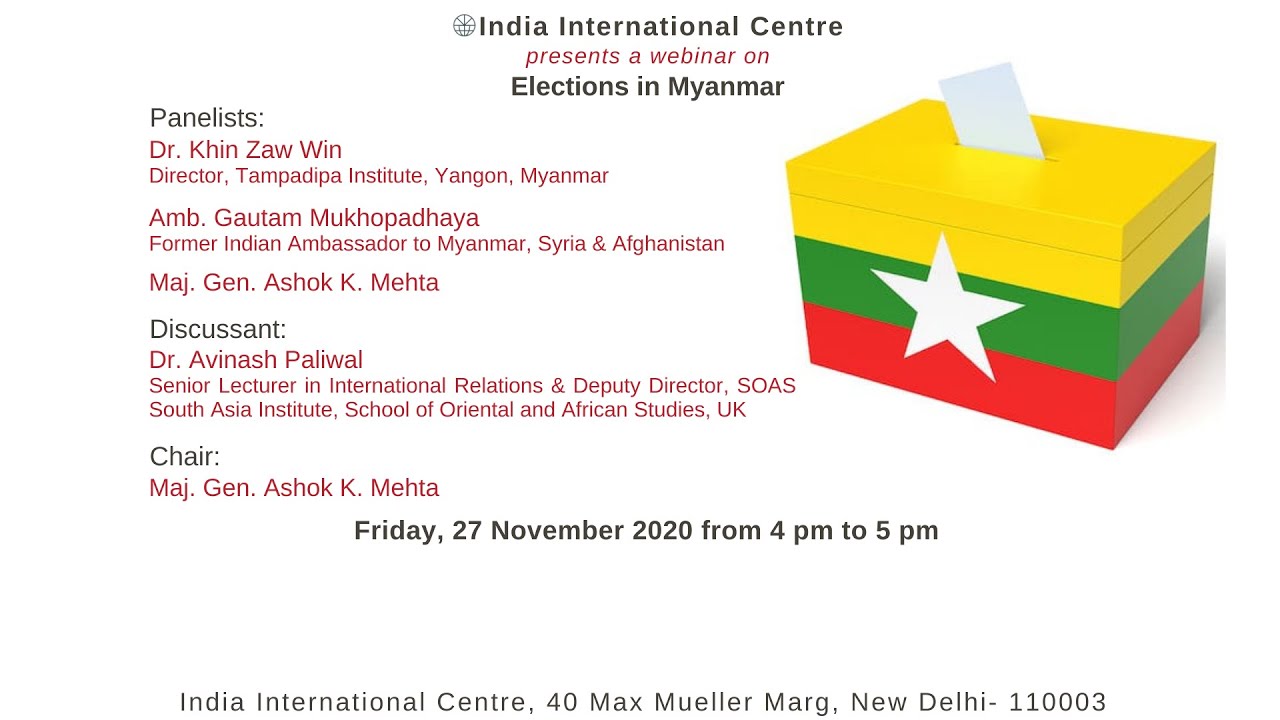A festival of disability films organized in collaboration with We Care FilmFest and Brotherhood. Ten award-winning short documentaries from Burma/Japan, Lebanon, India, Iran, Italy and Trinidad & Tobago.
I am Special, So are you (India) | (2:18 min; English subtitles)
Director: Indraneel Goswami
Means to Live (Hingbagee Lambi/Manipur) | (4:18 min; English subtitles)
Director: L. Amarendra Sharma
Short fiction film on rights, rather than charity
The Blind of the Cathedral (Lebanon) | (18 min; 2016; Arabic with English subtitles)
Director: Nadine Asmar
Multiple award winner including Best Short Film, Short Film Competition of Mediterranean Countries, Alexandria International Film Festival 2016; Jury Prize, Arab Women Filmmakers Competition, Baghdad International Film Festival 2016; Winner – Festival Award for Best Directing, Seize the Film – Films on Disability 2017; among others
Fate led to Hala and Bachir first meeting in front of a cathedral. At first sight, they share nothing in common: she is a 15-year-old student, she is Muslim and she sees. Whereas Bachir is 27, he plays the lute, he is Christian and blind. Hala and Bachir will go through an adventure that will empower their innocent love. But a dark fate awaits them.
Traveller (Myanmar/Japan) | (24:06 min; 2014; English subtitles)
Directors: Nwaye Zar Che Soe, Mine Aung Lin Tun, Pyae Zaw Phyo
Recipient of the 3rd Prize for The Best International Documentary ASEAN Film Festival, Hanoi, Vietnam 2015; Jury Mention, We Care International Film Festival, India 2016; and Disability Justice Award, Superfest Disability Festival, Los Angeles, USA 2017
A young woman born with a disability searches for a career despite rampant discrimination. She travels to Japan where she finds strength in disability activism and community, and returns home with a newfound sense of pride.





































